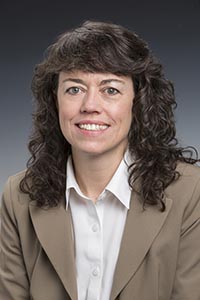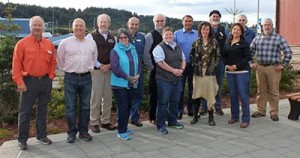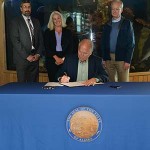
The federal and state group that plans oil-spill response and cleanup in Alaska waters has proposed changes that would dismantle a vital tool for public involvement in that process.
The group in question is the Alaska Regional Response Team. This group is made up of 15 different federal and state agencies, and is chaired by the U.S. Coast Guard and the Environmental Protection Agency. The Department of Environmental Conservation is the primary representative for the State of Alaska.
Changing it as proposed would weaken, not strengthen, oil-spill response in Alaska waters. It’s a bad idea and we urge the Response Team to withdraw the proposal and rework it as needed with help from this citizens organization and other concerned stakeholders.
The tool the Response Team wants to dismantle is the Regional Stakeholder Committee. It includes our group and many others with much to lose if Alaskans should suffer another spill on the scale of the Exxon Valdez. The proposed change would replace the Stakeholder Committee with two smaller, weaker groups that would be far less effective, possibly to the point of near-irrelevance.

